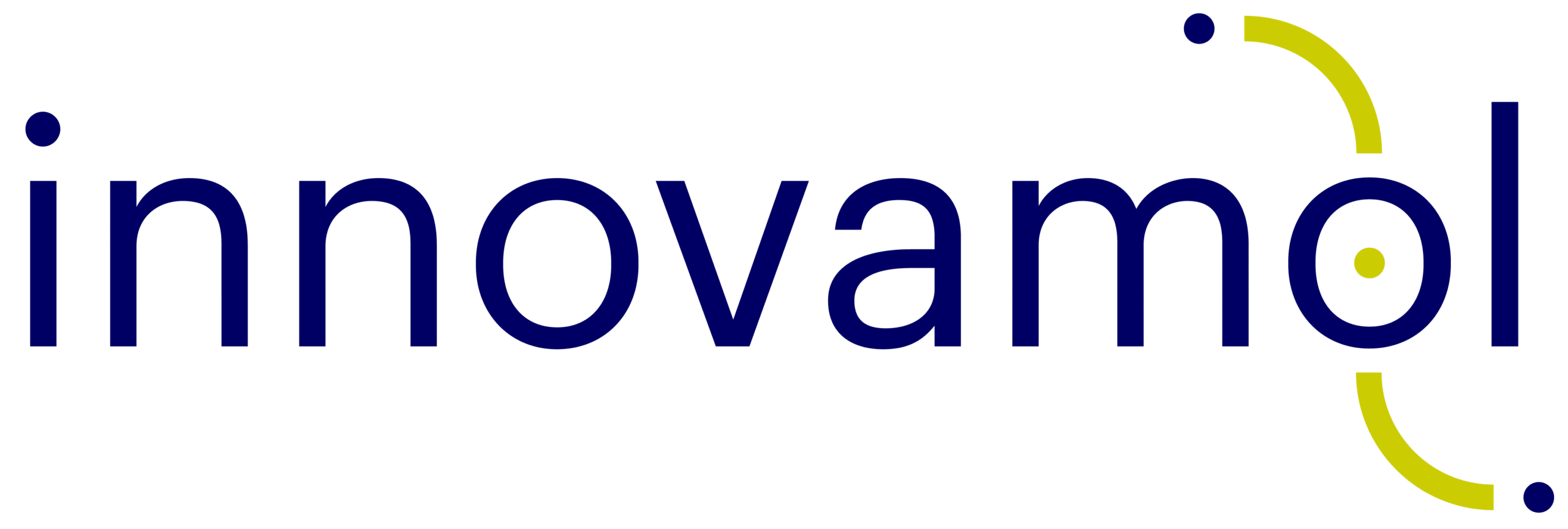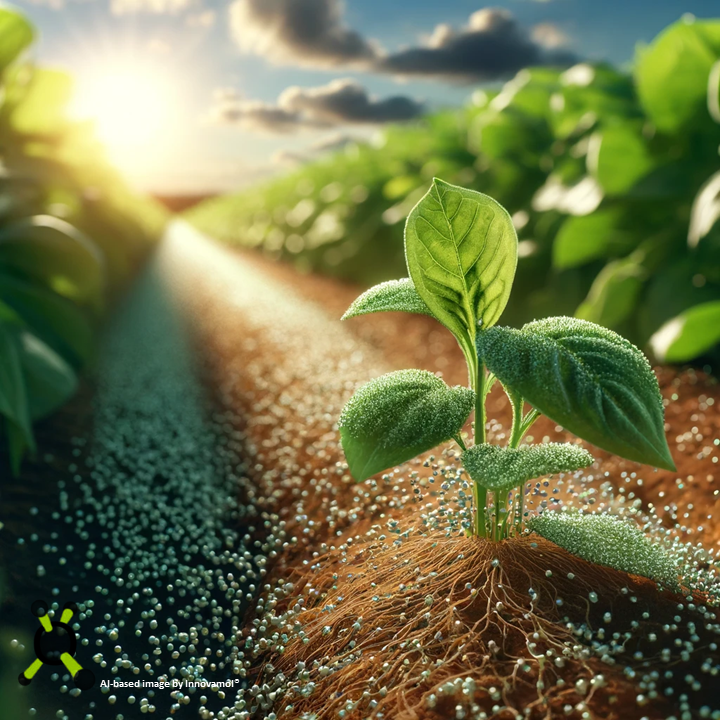What do you know about the use of nanomaterials in agriculture? Are they more efficient as fertilizers or plant protection products compared with traditional non-nano products? Are they safe for the environment and human health? Discover more in our latest publication commissioned by the European Union Observatory for Nanomaterials (EUON). Our report synthesizes findings from a comprehensive review on nanomaterial-based and nano-enabled plant protection products, biocidal products, and fertilising products. The project, in partnership with the European Chemicals Agency (ECHA) and EUON, aimed to enhance understanding of nanotechnology’s applications in agriculture.
Within this work, we performed a systematic literature review with the goal to advance knowledge on how nanotechnology can enhance agriculture practices, making it more effective and sustainable. We have analysed over 10,000 documents, compiling an extensive dataset that sheds light on the advantages and limitations of nano-agrochemicals. These products often outperform traditional agrochemicals, promoting a shift towards sustainable agricultural practices by increasing efficiency and reducing environmental impact.
Despite their advantages, the integration of nanomaterials in agriculture faces regulatory hurdles. Existing regulations, such as the Plant Protection Products Regulation (PPPs) 2009/1107 and Fertilising Products Regulation 2019/1009, currently lack specific provisions for nanoforms. This gap underscores the need for updated regulations that adequately address the unique characteristics of nano-agrochemicals.
In conclusion, employing nanotechnologies in agriculture present a significant opportunity to boost productivity and sustainability. However, it is vital to overcome regulatory and safety obstacles to fully leverage these benefits. At Innovamol, we are committed to pioneering sustainable innovations that not only enhance agricultural output but also prioritize environmental and human health.
“Science is a way of thinking much more than it is a body of knowledge” – Richard Feynman

